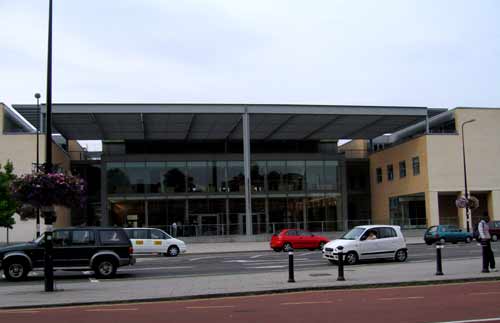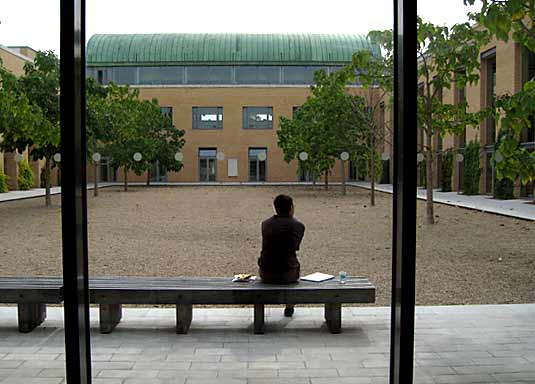My esteemed friend Bill Thompson (whom God preserve) goes to Venice rather a lot. When I berate him for this voluptuous excess (I am a Calvinist in these matters), he replies earnestly that he finds it an excellent place in which to work. Now it just so happens that Henry James also went to Venice rather a lot, ostensibly for ‘work’. So you will understand why I was interested in this stirring account of his working day in John Julius Norwich’s elegant book, Paradise of Cities:
After an early breakfast at Florian’s he would go — weather permitting — to the Stabilimento Chitarin for a salt-water bath, then spend the morning strolling through the city until it was time for lunch, usually at Quadri. Afterwards he would return to his rooms and work through the afternoon, occasionally wandering to the window to see whether ‘out in the blue channel, the ship of some right subject, the next true touch for my canvas, mightn’t come into sight’. How often such a vessel appeared he does not say, but the trips to the window seem to have been fairly frequent: as he himself was later to point out in Italian Hours, ‘Venice isn’t in fair weather a place for concentration of mind. The effort required for sitting down at a writing table is heroic, and the brightest page of MS looks dull beside the brilliancy of your milieu.’ The day’s work done, he would spend a couple of hours drifting gently in a gondola before taking another stroll, sitting at Florian’s listening to the music in the Piazza or, two or three times a week, calling on his friend Mrs Katherine de Kay Bronson…
Now I am sure that Bill does not engage in such a leisurely round when he is ‘working’ in Venice. But still…
And I have another friend who has just become Director of a big museum in Holland. She now also has to go to Venice (to the Biennale, especially) for ‘work’. Er, where did I go wrong?




